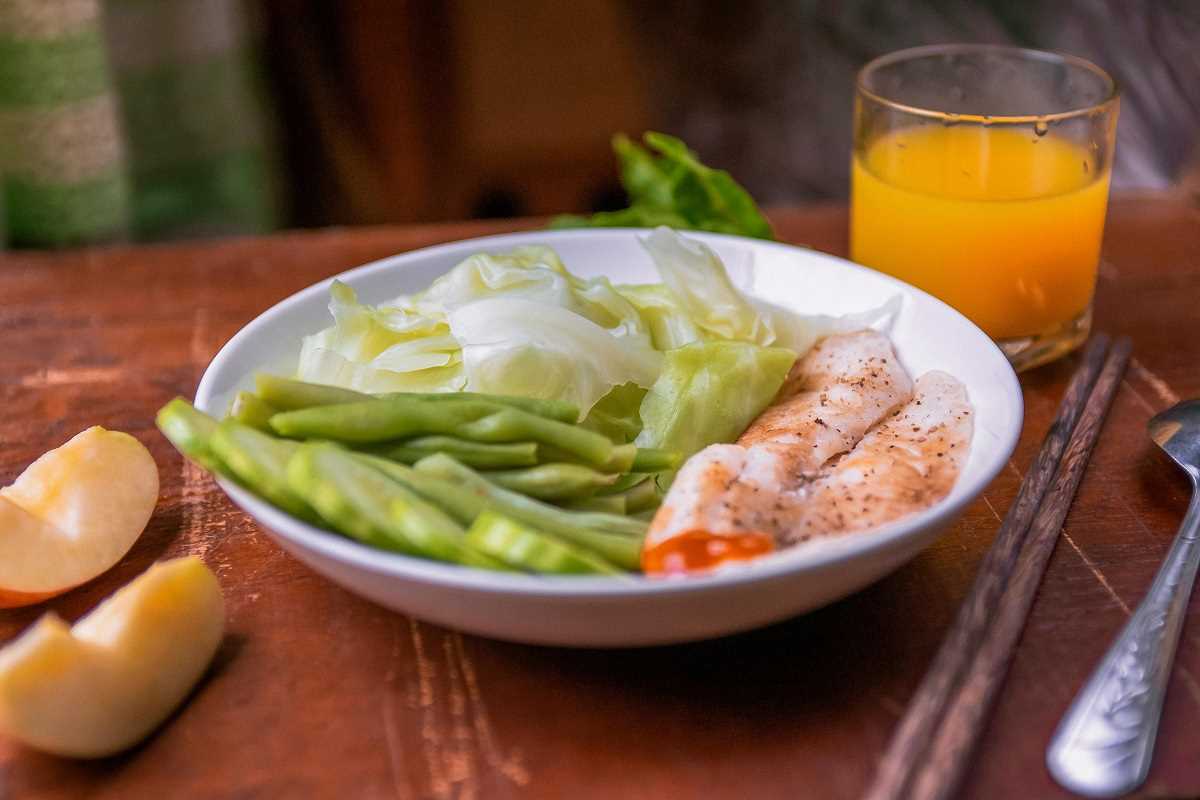Living with Crohn's disease is no walk in the park. One day, you might feel fine, and the next, you’re hit with a flare-up that leaves you feeling drained and uncomfortable. With symptoms like stomach pain, diarrhea, and fatigue, flare-ups can really take a toll on your daily life. Medications are important, of course, but paying attention to your diet can make a big difference, too.
What you eat during a flare-up matters—a lot. The right foods can soothe your system and help keep things manageable, while the wrong ones can make everything worse. The goal isn’t to make your life harder (you’ve got enough on your plate already!), but to find simple, doable strategies that make living with Crohn’s just a little bit easier.
Here’s a down-to-earth guide to navigating your nutrition during a Crohn’s flare-up, with practical tips that can help you feel a little more in control.
Why Nutrition Matters
When Crohn’s flares, it’s not just annoying—it can mess with how your body absorbs nutrients, leaving you feeling depleted. This is why eating the right foods is so important. Nutrition isn’t just about eating to fuel your day; it’s also about supporting your gut and giving your body what it needs to heal.
Since everyone’s Crohn’s triggers are unique, there’s no universal diet plan. But there are some general guidelines to follow that can give you a good starting point for managing those tough flare-up days.
What to Eat During a Flare-Up
When your digestive system feels like it’s on strike, the trick is to choose foods that are gentle and easy to digest. Think comfort food—but in a way that works for your gut.
- Go Low on Fiber - Fiber is great for most people, but during a flare-up, high-fiber foods like whole grains and raw veggies can feel like sandpaper for your gut. Opt for low-fiber alternatives like white rice, plain pasta, or white bread. These foods are easy to digest and provide energy without making your symptoms worse.
- Lean Proteins Are Your Friend - Chicken, turkey, fish, tofu, or eggs are all great options. Just avoid frying or adding heavy sauces. Baking, boiling, or steaming works best to keep things mild. Bonus—they’ll also give your body a protein boost, which is super important for healing.
- Cook Your Veggies - Raw veggies can be tough to handle when your gut’s not happy. Soft-cooked vegetables like carrots and peeled zucchini are much easier to digest. A little steaming or boiling can go a long way.
- Stick to Gentle Fruits - If you’re craving something sweet, try ripe bananas, applesauce, or even cooked fruits like pears. These are far easier on your system than raw apples or oranges, which can be too harsh during a flare.
- Choose Dairy Alternates Wisely - Regular dairy can be hit or miss, especially since many people with Crohn’s also struggle with lactose intolerance. Stick to lactose-free options or plant-based alternatives like almond milk. If you’re into yogurt, go for a probiotic-rich Greek yogurt in moderation—it might even give your gut a little boost.
- Don’t Forget the Easy-Carbs - Mashed potatoes (no skin, please), sweet potatoes, and white rice are great staples when nothing else sounds appealing. They’re bland, filling, and easy on your tummy.
- Clear Soups and Broths - When in doubt, go with soup. Clear broths and mild soups not only keep you hydrated but also deliver comfort food vibes—minus the gut irritants.
What to Avoid
Certain foods can make a flare-up feel even worse. While it’s different for everyone, here are some common culprits to skip when your symptoms are acting up:
- High-Fiber Foods: No whole grains, seeds, or nuts—they’re just too rough on the gut.
- Spicy Foods: That chili you love? It’s probably time to say no for now.
- Fatty or Fried Foods: They’re hard to digest and can leave you feeling worse.
- Caffeine & Alcohol: Your morning coffee and nighttime glass of wine aren’t doing your gut any favors during a flare.
- Carbonated Drinks: Too bubbly. Cue the bloating and gas.
- Artificial Sweeteners: Found in sugar-free snacks and chewing gum. These can upset your stomach more than you’d expect.
Tips for Making Mealtime Easier
You’ve got enough going on without adding extra stress to eating. Here are a few tips to simplify things when a flare-up hits.
- Eat Smaller Meals More Often: Big meals can overwhelm your gut, so keep it simple with smaller portions spread throughout the day. Think snack-size meals instead of feast-size ones.
- Keep Track of Trigger Foods: A food journal sounds tedious, but it’s a helpful tool for figuring out what works and what doesn’t. If something doesn’t sit right, make a quick note—over time, patterns will emerge.
- Batch Cook When You Can: On good days, whip up some simple meals and portion them into the freezer. That way, you’ll have easy-to-digest options ready when cooking feels like a chore.
- Drink Plenty of Fluids: Diarrhea can leave you dehydrated in no time, so make hydration a priority. Water, herbal teas, or electrolyte drinks are great options. Avoid sugary drinks—they just aren’t worth it.
Don’t Forget About Supplements
During a flare-up, your body might be missing out on key nutrients like vitamin D, B12, or iron. Supplements can help, but always check with your doctor before adding them to your routine. You might also consider probiotics for a little extra gut support—again, with your healthcare provider’s blessing.
Making it Personal
The truth is, managing Crohn’s isn’t one-size-fits-all. Everyone’s triggers and tolerances are different. That’s why the best plan is a personalized one, made in partnership with your doctor or dietitian. They can help you create a roadmap tailored to your specific needs, ensuring you get the nutrition you need without making your symptoms worse.
Crohn’s flare-ups can feel overwhelming, but small, intentional changes to your diet can make a world of difference. When you focus on gentle, nourishing foods and give your gut a bit of a break, you’re giving your body the best chance to heal.
It’s not about being perfect—it’s about finding what works for you. Some days will be better than others, and that’s okay. Just remember, you’re not alone in this. There are tools, tips, and a whole community of people who understand what you’re going through. One bite at a time, you’ve got this.
 (Image via
(Image via




